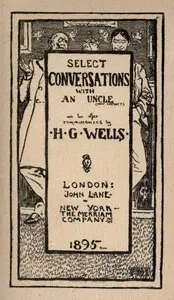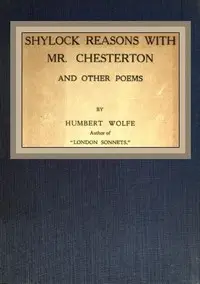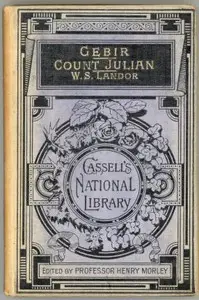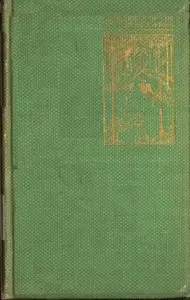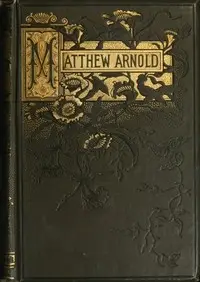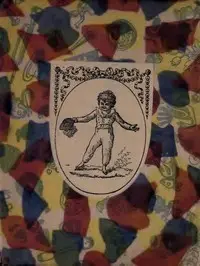"Imaginary Conversations and Poems: A Selection" by Walter Savage Landor is a series of invented talks and poems from the 1800s, where well-known people from history and stories like Hannibal, Queen Elizabeth, and Seneca have discussions. The invented debates and poems make readers think about important topics like politics, feelings, and beliefs, and encourages readers to think about important thinkers from the past. The selection starts by introducing a variety of discussions with important historical figures that demonstrate their distinct personalities, with conversations that display honor and mortality. The beginning of the set up shows philosophical and emotional explorations, hinting that the collection will engage readers with intelligence and artistic talent.

Imaginary Conversations and Poems: A Selection
By Walter Savage Landor
Witness historical titans clash and confide in imagined encounters, where poetry and politics collide.
Summary
About the AuthorWalter Savage Landor was an English writer, poet, and activist. His best known works were the prose Imaginary Conversations, and the poem "Rose Aylmer," but the critical acclaim he received from contemporary poets and reviewers was not matched by public popularity. As remarkable as his work was, it was equalled by his rumbustious character and lively temperament. Both his writing and political activism, such as his support for Lajos Kossuth and Giuseppe Garibaldi, were imbued with his passion for liberal and republican causes. He befriended and influenced the next generation of literary reformers such as Charles Dickens and Robert Browning.
Walter Savage Landor was an English writer, poet, and activist. His best known works were the prose Imaginary Conversations, and the poem "Rose Aylmer," but the critical acclaim he received from contemporary poets and reviewers was not matched by public popularity. As remarkable as his work was, it was equalled by his rumbustious character and lively temperament. Both his writing and political activism, such as his support for Lajos Kossuth and Giuseppe Garibaldi, were imbued with his passion for liberal and republican causes. He befriended and influenced the next generation of literary reformers such as Charles Dickens and Robert Browning.


